Visit a Jo Anne’s Place location today to speak with our knowledgeable staff about your nutrition and supplement needs!
All products mentioned are available in-store.
May is Mental Health Awareness Month. We are very passionate about mental health and eliminating the stigma that surrounds it. At Jo Anne's Place, we take a holistic approach in understanding that mental health conditions are caused by a whole bunch of different factors from one's environment, to their circumstances, to their biology. In this blog post, we are going to discuss what it means to take a holistic approach to mental health, product recommendations based on over 47 years of experience, lifestyle changes to boost mental health, and more - so keep reading!
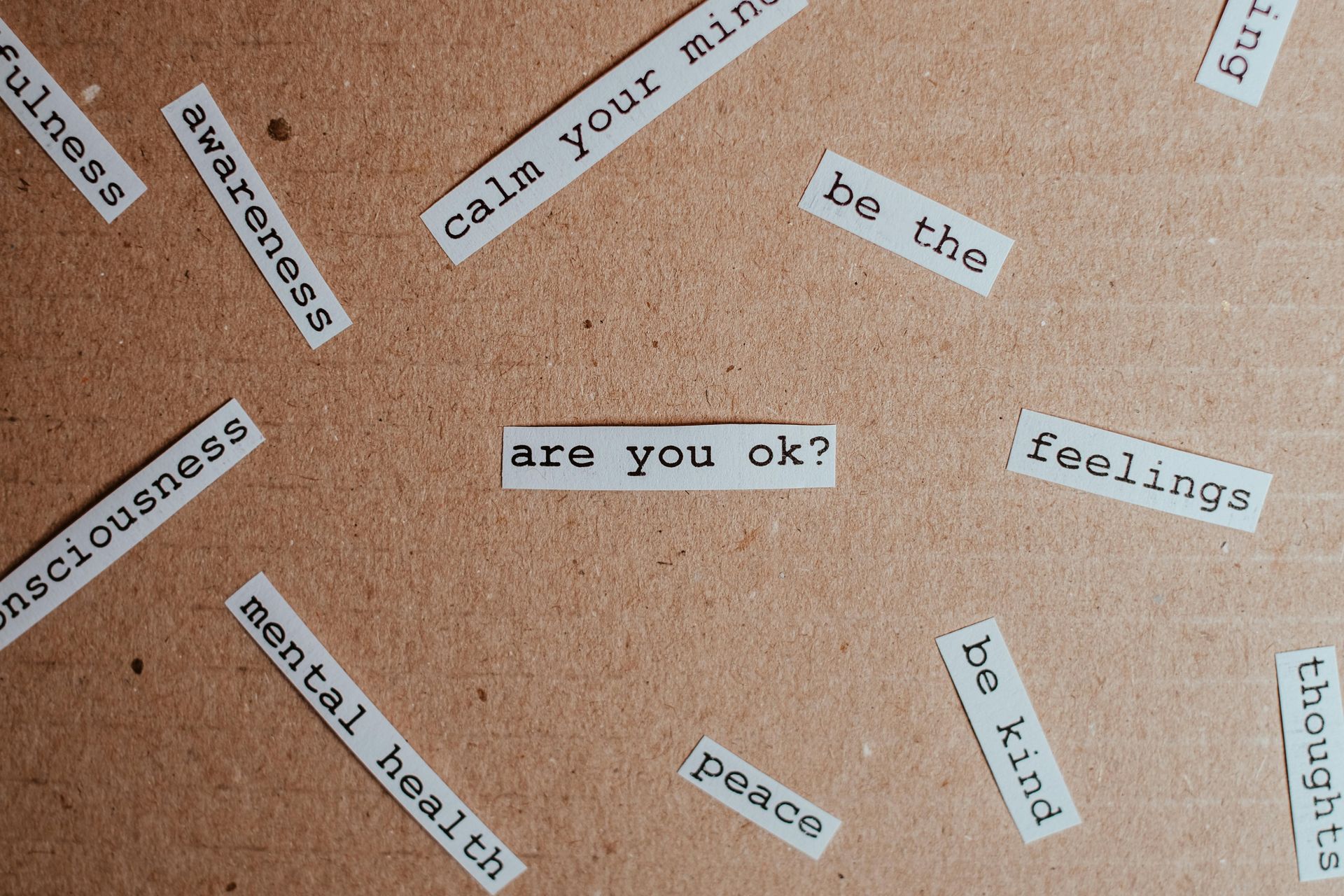
Taking a holistic approach means providing support that takes into account a person's entire physical, emotional, social, and spiritual wellbeing to help meet their mental health needs. We think this is really important because studies have shown us that mental health conditions arise not only from psychological factors, but from biological, social, emotional, and circumstantial ones. Therefore, approaching mental health holistically includes looking at your lifestyle, environment, psychological health, relationships, and more.
Let's take a look...
As the famous saying goes, you are what you eat! A poor diet can not only aggravate existing mental health conditions, but can actually lead to them. Eating nutritious foods that contain lots of vitamins, minerals, and antioxidants, nourishes your brain and protects it from oxidative stress. Oxidative stress is "waste" (known as free radicals) produced when the body uses oxygen, which can damage cells. Many studies have found a correlation between a diet high in refined sugars and impaired brain function — and even a worsening of symptoms in those with depression.
Here are some best practices and tips for a mental health-friendly diet:
Your lifestyle has a lot do with your mental health. Things like exercise, living environment, and community can all have a significant impact. Here are some lifestyle changes to consider:
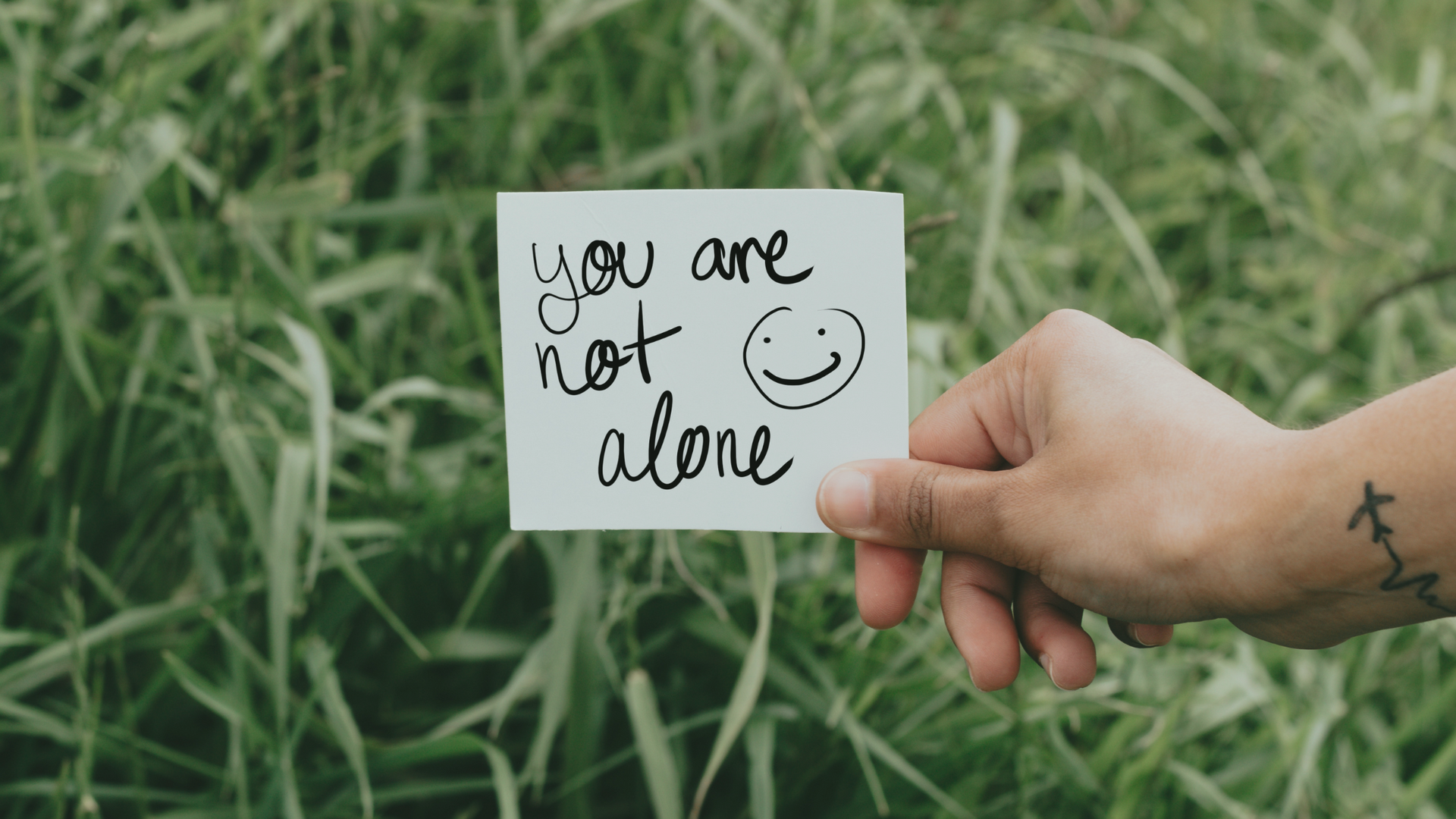
With over 47 years of experience in the wellness industry, we have compiled quite the list of natural products that can improve mental health by boosting mood, promoting calm, easing anxiety, increasing stress resistance, and more.
Here are some of them:
Mental health is health. Take the time to support it the way you would any other health condition.
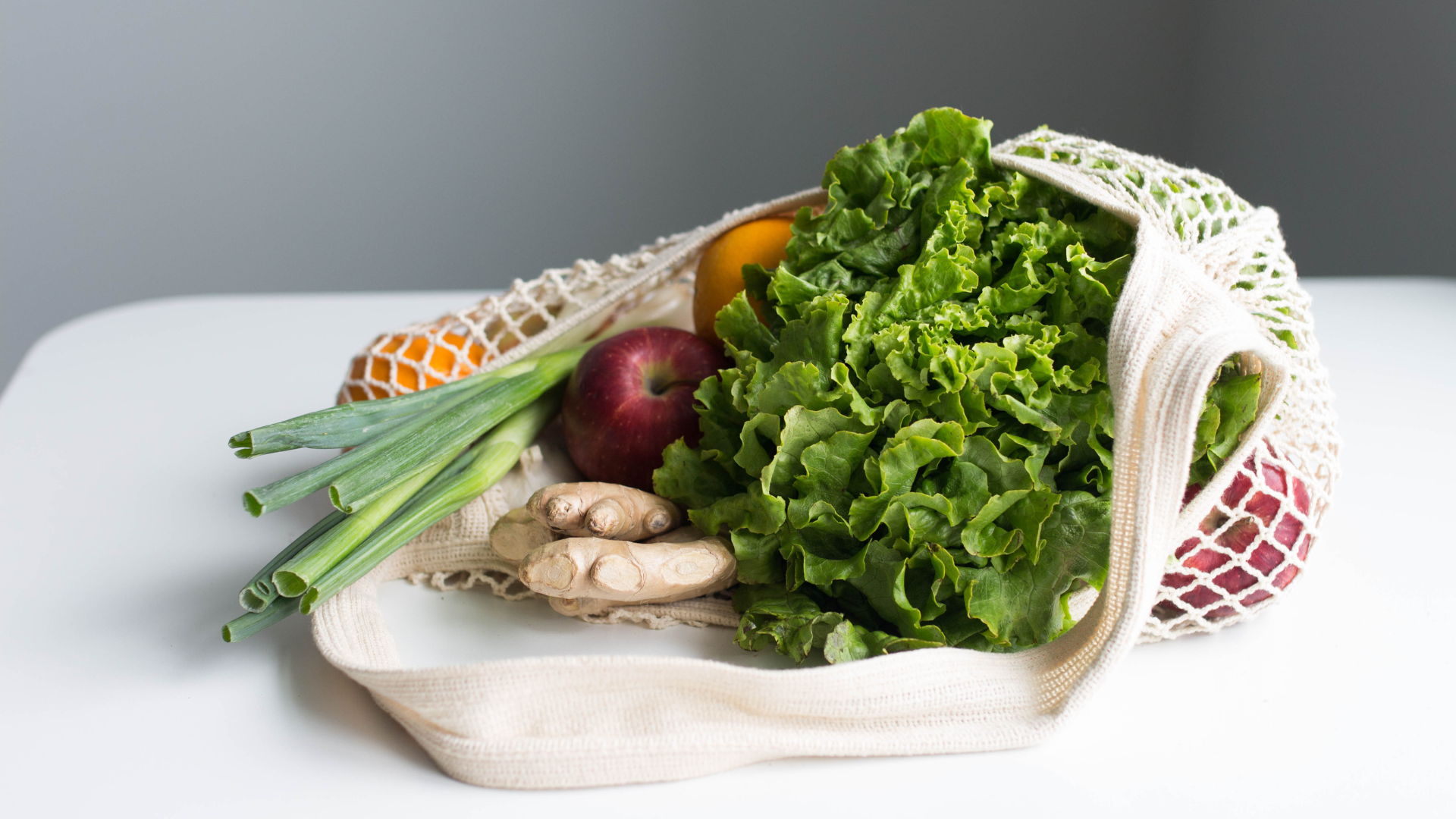
Visit a Jo Anne’s Place location today to speak with our knowledgeable staff about your nutrition and supplement needs!
All products mentioned are available in-store.
*These suggestions are not intended to replace appropriate professional advice. Please check labels for contraindications and check with your pharmacist if you are on prescription drugs. These suggestions are based on over 47 years of customer experience at Jo Anne's Place.
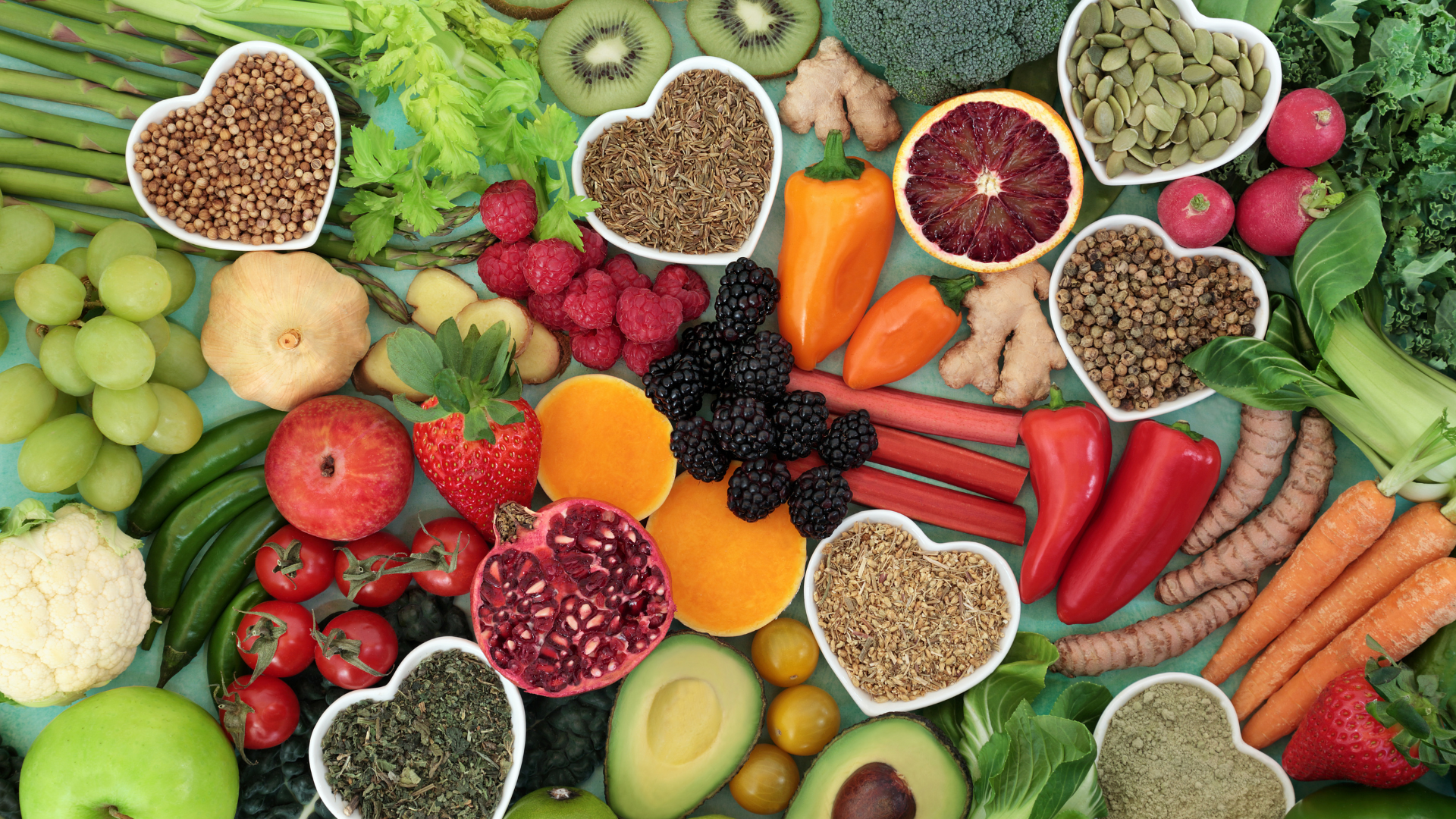
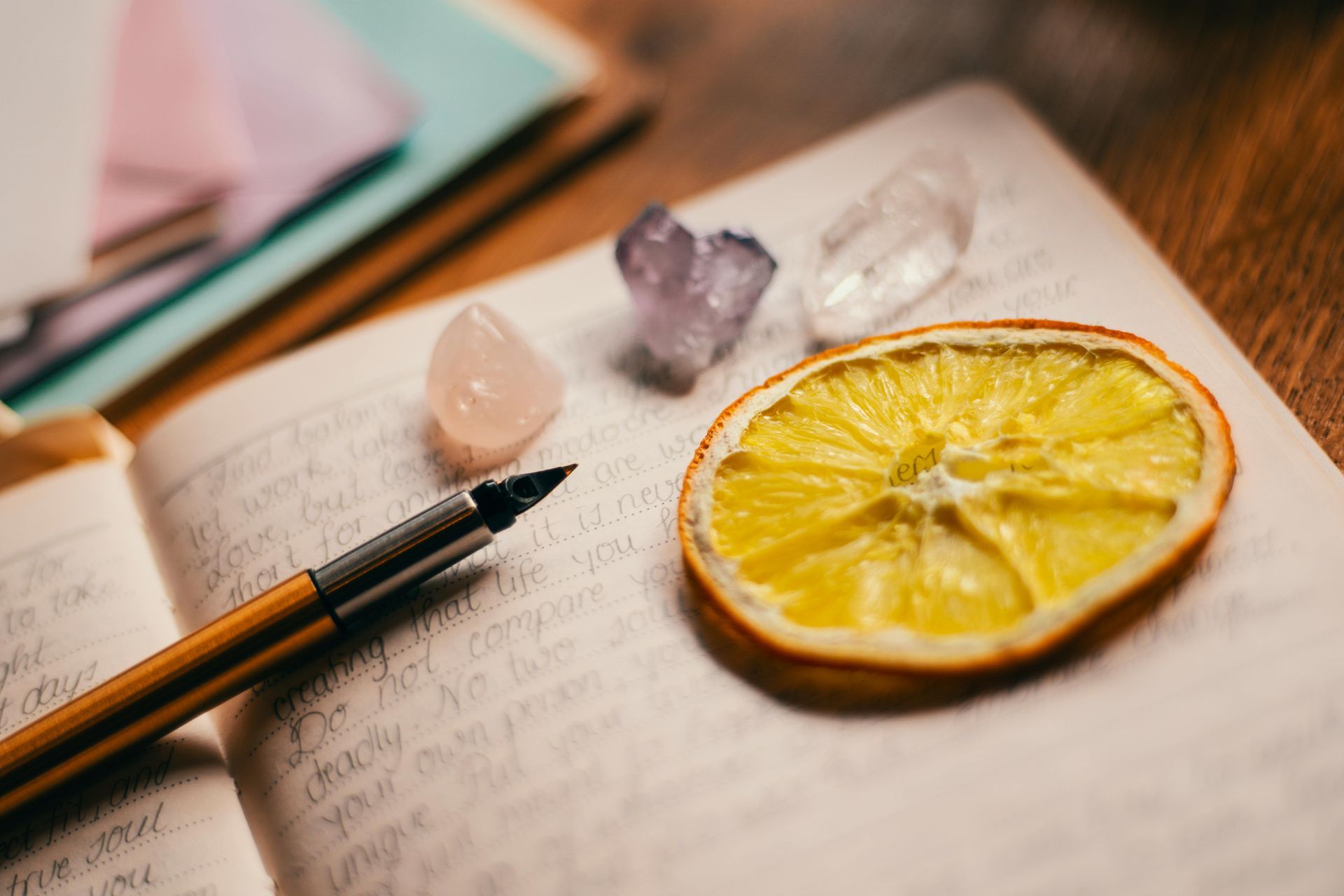
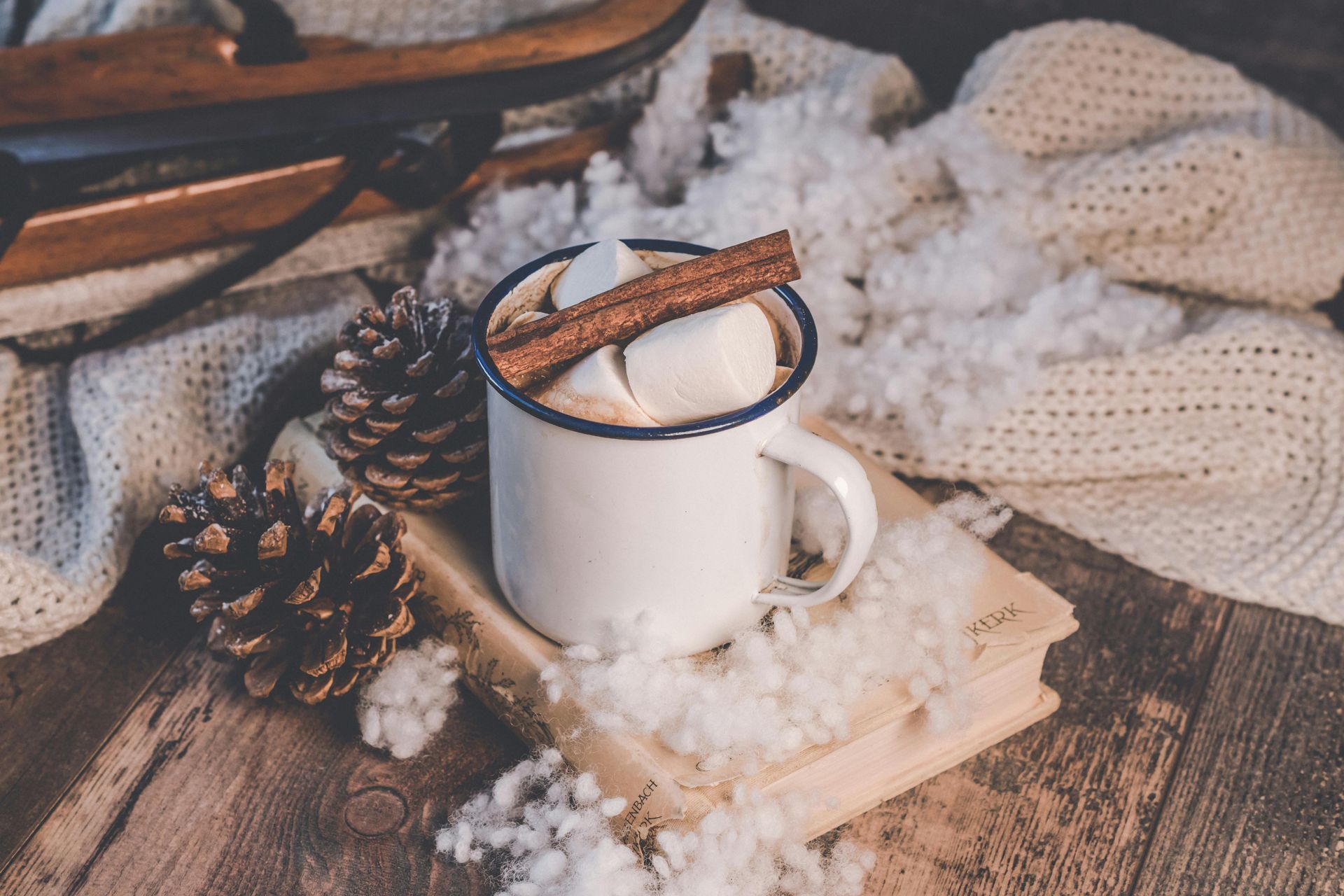
SITE DESIGN BY PTBOCANADA DIGITAL MARKETING AGENCY